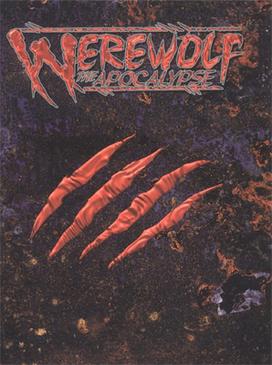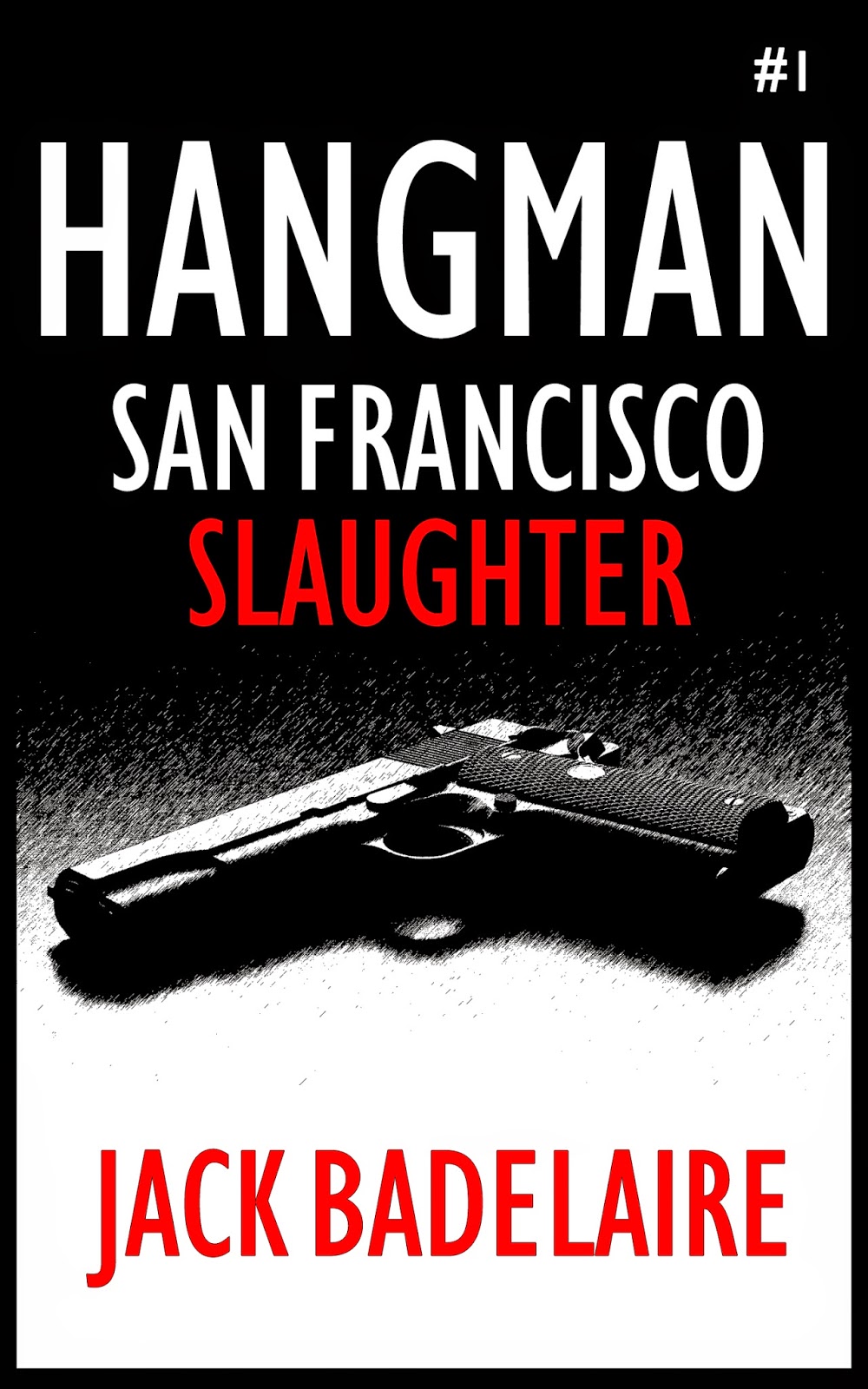I discovered tabletop role-playing games in 1993, when two of my friends acquired the “Big Black Box” edition of a certain “Basic” fantasy RPG which will remain nameless. My enthusiasm for tabletop gaming quickly outgrew theirs, and since I lived in a very rural part of Maine and didn’t have many friends who lived close by, I turned my interest in writing - which was very strong in me even as a teenager - towards an interest in gaming, specifically the world-building and character-creating aspects of it. I didn’t have much of an opportunity for playing adventures, so I filled my time by creating adventure stories.
Fast-forward a quarter of a century. I still play that certain role-playing game in its current edition, although now in the winter of 2021 my friends and I play it over video chat, because the COVID-19 pandemic is keeping us from hanging out together as we always did, laughing and teasing and bringing meals and having drinks. I’m a big nerd and most of my friends are big nerds as well, and this is one of the pastimes that keeps us together, some of us since the late-’90s. We’ve gotten older, some of us a little rounder, all of us a little greyer up top, but when the books and the dice and the character sheets come out, we’re all still kinda kids again.
This past year has been terrible on a global scale. The pandemic is far from over, all our lives have been on hold in one way or another for a year. We still try to get together online a couple of times a month to fight bad guys and go exploring, discover hidden places and earn fame and fortune in imaginary lands. It’s an old-fashioned style of play, and I try as the Game-Master to make sure the more problematic aspects are left out of the adventures. Still, we’re traditionalists in many ways.
And so, this is what THEY KILL FOR GOLD is about. It’s a story of old-school fantasy adventure, hearkening back to those memories of a more “Basic” kind of game and gameplay. The plot isn’t fancy, the world isn’t unique or exceptional, the character motivations aren’t all that complicated. And yet, I enjoyed writing the story and bringing these characters to life. Hopefully, you enjoyed reading it. Maybe it’ll inspire you to go dig around in a drawer, find your dice, dust off your old rulebook and some graph paper, and go on an adventure.
So far, I've seen a slow but steady trickle of sales, and more interestingly, Kindle Unlimited "borrows" and reads. Very encouraging, as I haven't released anything in two years and this has gone out with very little fanfare. I already have an outline for the second book, and I am developing the story for the third. All in all, I think the idea of simple, fast-paced novellas that draw really heavily on old-school fantasy gaming tropes, but with a modern touch, may in fact find an audience with readers. I've gotten some really positive feedback from a couple of readers already, folks who know the genre I'm trying to fit into and whose opinions I definitely respect, and so that is extremely encouraging.
That's it for now, If you think this sounds interesting, you can click here to find the ebook on Amazon. A paperback edition should be along in a few weeks.








.jpg/revision/latest?cb=20150402023959)





















